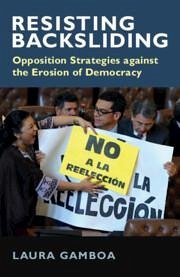
Resisting War

PAYBACK Punkte
49 °P sammeln!
Based on fieldwork and statistical analysis, this book explains how local social organization and cohesion enable both covert and overt nonviolent strategies, including avoidance, cultures of peace, protest, and negotiation. These 'autonomy' strategies help civilians retain their agency and avoid becoming helpless victims by limiting the inroads of armed groups.














